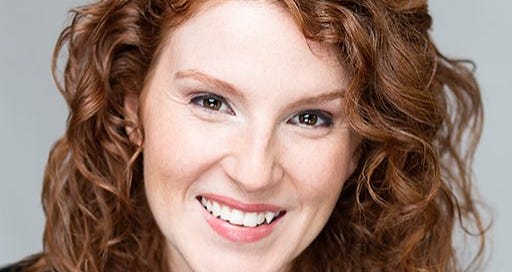I feel like we don't talk about death enough.
Sure, maybe we acknowledge it in passing moments when we see it on the news, stumble upon an obituary in the paper, or are confronted with the passing of a loved one. But for the most part , I see us shy away from the topic, or avoid it all together. And I'm no exception to that.
I push the thought of death to the side, as if ignoring it will somehow delay its arrival.
It feels like even mentioning death might summon the Grim Reaper to our front door. We try to change the subject, soften the language or pretend it's something that doesn't happen to us.
But we know the truth, death is inevitable and it will one day come for us, too. And by tucking it away into the shadows and corners of our minds, we aren't protecting ourselves - we’re only set ourselves up for heartache and pain.
Guru Amardas ruminates on this in Raag Maru:
ਅਨਦਿਨੁ ਆਰਜਾ ਛਿਜਦੀ ਜਾਏ ॥
ਰੈਣਿ ਦਿਨਸੁ ਦੁਇ ਸਾਖੀ ਆਏ ॥
ਮਨਮੁਖੁ ਅੰਧੁ ਨ ਚੇਤੈ ਮੂੜਾ ਸਿਰ ਊਪਰਿ ਕਾਲੁ ਰੂਆਇਦਾ ॥੭॥
Day and night, our lives wear away.
Both day and night witness this loss.
But we’re blind and selfish and foolish.
Unaware that death hovers over us.
It’s a powerful reminder, especially in a world where we’re constantly distracting ourselves from our own mortality. This is also why it’s been so eye-opening to speak to someone who helps people move from their lives and into their deaths.
Today’s guest, Adrianna Prosser, learned that death isn’t just an end, but rather a doorway, a transition, a moment that deserves as much care and attention as birth – a lesson that eventually led her into her line of work as a death doula
And that makes me wonder: perhaps if we spent more time contemplating our mortality and embracing death as part of our journey, we’d find that it’s not as scary or as final as we might think. And in learning from its teachings, we may even discover a new, better way to live.
Check out a brief excerpt from our interview below, and click here to listen to our full conversation on Wisdom & Practice.
Simran Jeet Singh: At what point did your work as a death doula come into your own spiritual practice? Is it something you were engaged in prior to this journey, or did you find it along the way?
Adrianna Prosser: My death work started without me ever knowing what the term death doula was. I became a suicide prevention trainer—I learned how to do interventions, I gave workshops, and I did a one-woman tour based on my own bereavement. It was a really big part of my grief process—to become a resource, to become a safe space. So much so that people started sharing their own grief with me.
Then, at one point, several years later, my coworker Roberta turned to me and said, “Hey girl, what are you doing this September?” I said, “I don’t know… living life?” And she said, “Yeah… about that. I’m dying.”
She had stage 4 breast cancer, and she wanted to live her life right up until the end. So we went to Disneyland, we went to South Korea—we tried to cross off as many bucket list items as we could. We came back from South Korea on the same day that Canada announced its first official COVID-19 case. I think it was January 6, 2020. She passed away in May of 2020. At that point, we were supposed to be in Japan, continuing her bucket list.
I share all this because the journey was unfolding in a way where I wasn’t even fully strapped in. I didn’t quite realize what was happening, because I was too focused on being there for others. Eventually, my therapist said, “So, you’re back from Korea and doing all of these things. Have you ever heard the term death doula?” And I said, “No, but that sounds rad. That sounds badass.”
So I latched onto that term and started formal training. I did end-of-life certification courses through universities, I did hospice training, I became a companion and a grief counselor. And now, I’m pursuing my bachelors in social work to become a grief therapist. It’s absolutely informed my spirituality. In fact, it’s reaffirmed it.





End of Life Doula to many
Thank you for having me on your podcast Simran! I really enjoyed chatting with you about my grief journey, and exploring memento mori with intentional living 🤍